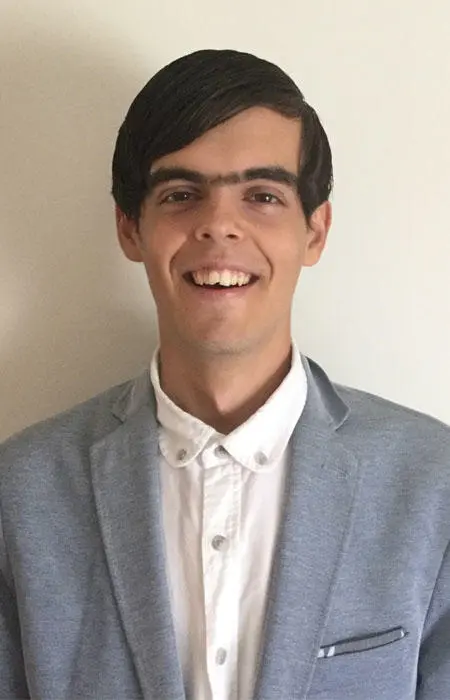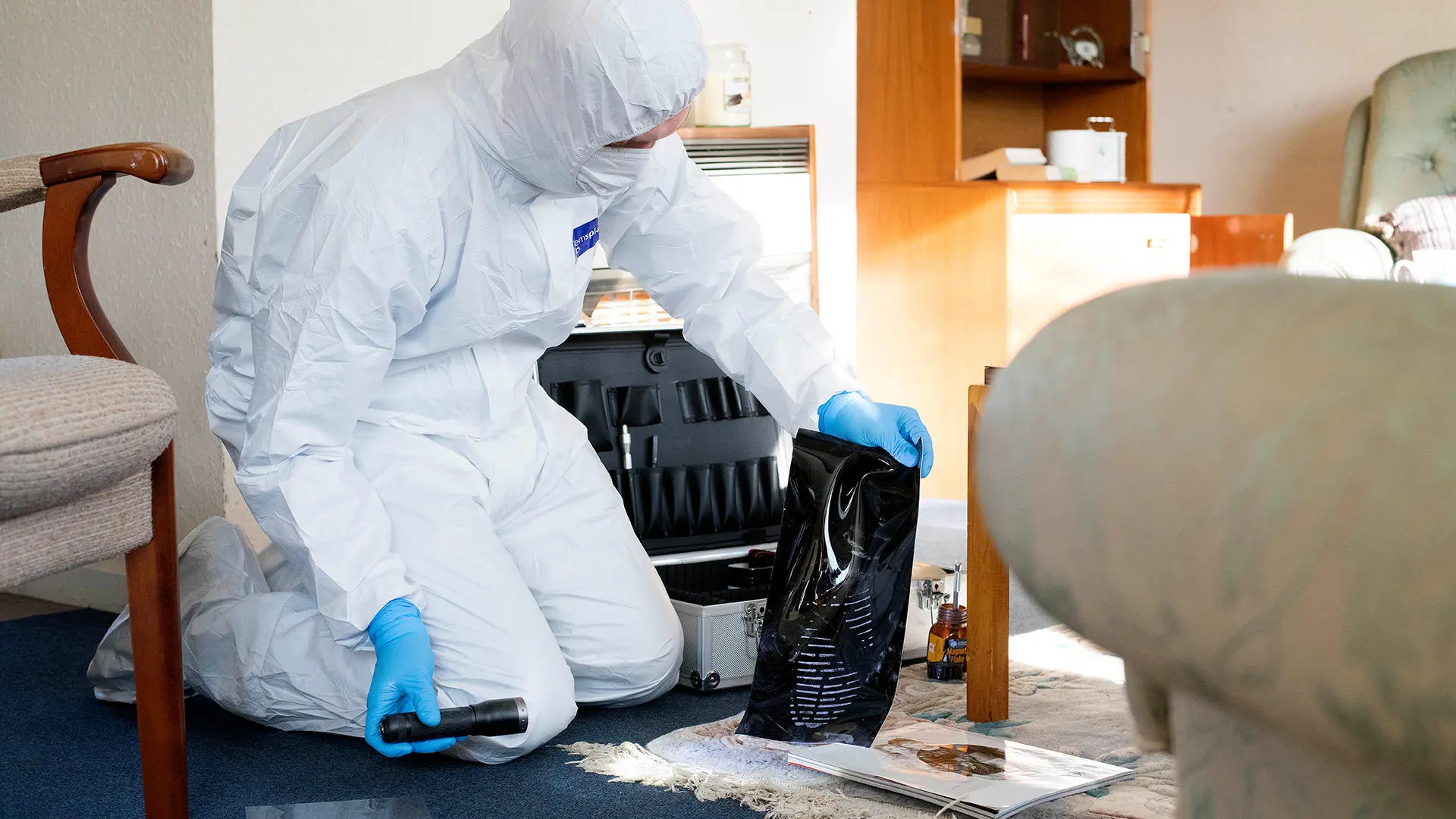Masters By Research student
Having spent three hugely successful years at UCLan studying Forensic Science and Anthropology Thomas Ash decided to continue here by doing a Masters by Research. By the end of next semester, he will have produced a thesis after plenty of research about sharp force trauma, and how instruments like knives affect soft tissue and bone.
It was a simple decision for him to continue here too, given the helpful nature of UCLan’s staff, and some of the policies of the University.
“In all honesty I never considered going to another University for my masters,” he started. “Having done my undergraduate degree here, the place has sold itself to me.
“I’ve gotten to know a lot of the staff well during my time here and I wanted to continue working with these people who have inspired and motivated me for the last three years. They’re amazing to work with and provide me with opportunities in and out of my degree to challenge myself and build my skills. I would never be able to find level of support they give me anywhere else.”
Beyond that, a PhD is very possible, but until then the achievements of his final undergraduate degree year are fresh in the memory.
Thomas benefitted from UCLan’s Lancashire Forensic Science Academy, run in partnership with the Lancashire Constabulary, which allowed him to go on placement there twice last year.
That link is the only one of its kind in the country, and it was able to give him professional exposure to the industry to see the types of work he could end up doing.
“I started off with one week with the Crime Scene Investigation team, and one for a month with the Forensic Investigation Unit,” he explained.
“My CSI placement involved going to real life volume crime scenes and helping to collect evidence, record and photograph the scene and taking notes. We spent a lot of time going over the basics of crime scene skills during workshops there.

“The focus for my month-long placement was a validation project. This ensured the constabulary were using the correct methodology for tool mark analysis and that it was precise, accurate and reliable. I was able to sit in and listen to forensic strategy planning meetings the unit was having for ongoing cases, looking at evidence, their expectations and future influences on findings.”
Thomas also gained an extra award at his graduation ceremony in the summer due to his hard work, determination and ultimately his results.
As he describes, that gives an added satisfaction to his first three years of studying here.
“At graduation I received the schools Charted Society of Forensic Science award,” he said. “The University picks a student and idea for the award which for me was ‘outstanding leadership and student engagement’.
“The Charted Society are our accreditation board for our Forensic courses, so it was an honour to receive this and the cheers from my fellow graduating students showed I made a real impact during my time here.”
Looking back, Thomas believes that those kind of opportunities makes UCLan stand out from the rest, and stressed the significance of such exposure.
“I don’t think I can stress enough how vital these industry placements are,” he stated. “Our lecturers do a fantastic job creating mock scenarios for us but being out on a scene is different.
“Having to deal with unpredictable situations and never knowing what you are going to find really puts you on your feet and that part of the experience is something any university could never fully recreate.
“The opportunity to talk to and question people who do what you are learning day in day out is undeniably important. Overall, the insight you gain is more than I could have ever expected.”
Where next?
- Subject
Forensic Science

